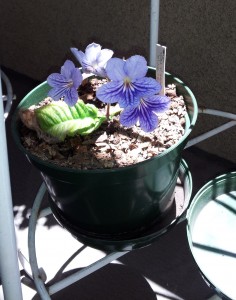 During this week of celebrating our nation’s independence, we hear a lot about the importance of history. Learning about the past is one of my favorite things; from an early age, I have enjoyed reading historical topics, learning about people who lived years ago, and even visiting historic sites. I like writing about history, too, and using research and analytical skills to take raw facts and figures and turn them into compelling articles and other work.
During this week of celebrating our nation’s independence, we hear a lot about the importance of history. Learning about the past is one of my favorite things; from an early age, I have enjoyed reading historical topics, learning about people who lived years ago, and even visiting historic sites. I like writing about history, too, and using research and analytical skills to take raw facts and figures and turn them into compelling articles and other work.
History is anything but boring, at least to me. But it goes beyond distant events and people unrelated to me. It also goes to family history, even health history.
Yes, knowing as much about our forebears health as possible can be crucial in our own healthcare. It can give our doctors clues as to what to investigate if we present with odd symptoms, and it can help navigate the choppy waters through the diagnosis process.
Knowing family health history is beneficial for understanding why we have some of the illnesses or physical “quirks” that we do, and why we don’t. It can be very encouraging to know there is no particular genetic propensity for a particular disease, for example. Or, it can be important to know that something “runs in the family.”
The science of genetics is evolving; your doctor is the best expert to help you understand what might be relevant for you and what might not pertain to your situation. But the more you are able to understand about your family’s health history, the better prepared you will be to enter into that conversation.
Familial health history can inspire us to live well and attain those old ages some of our relatives have amazingly surpassed. It can give us a deeper picture of where we come from.
It’s one of those precious nuggets of information that, when passed down through generations, will continue to clarify and inform us – and those who will come after us.
Blessings for the day,
Maureen

